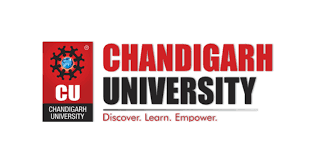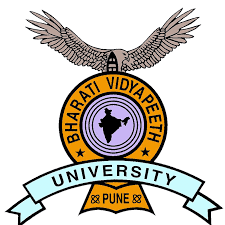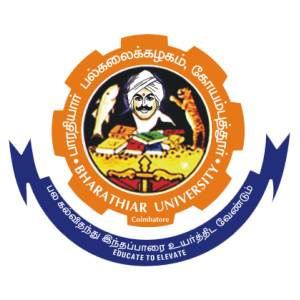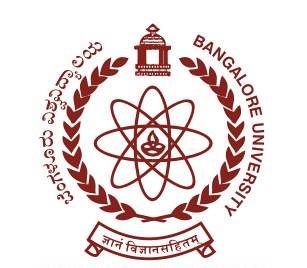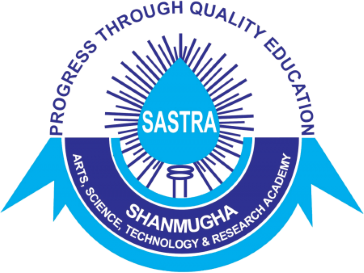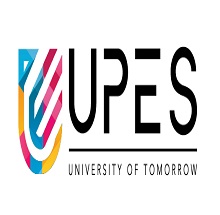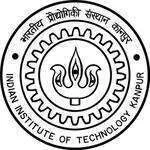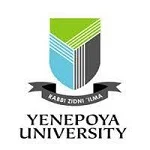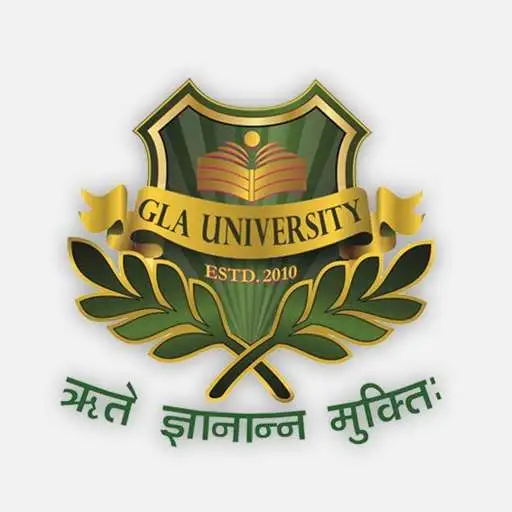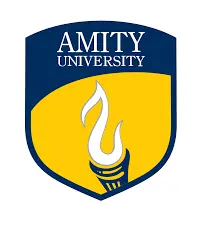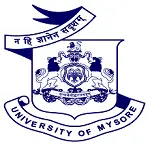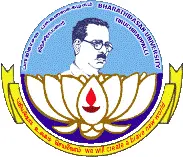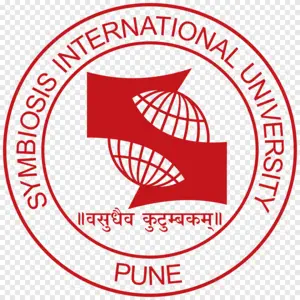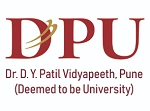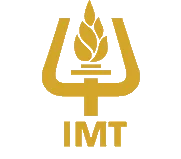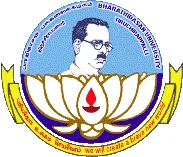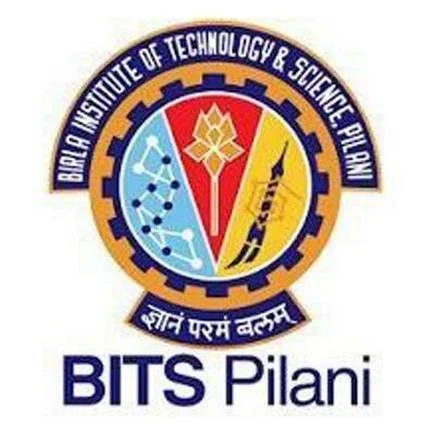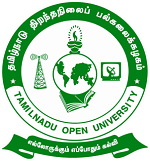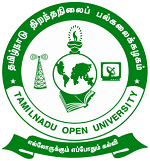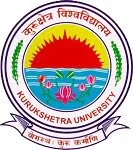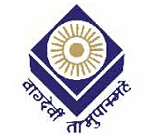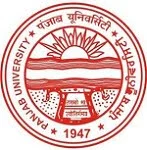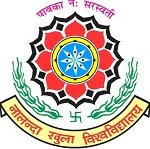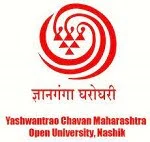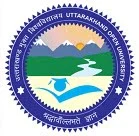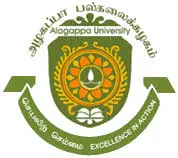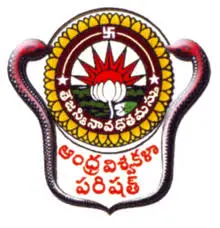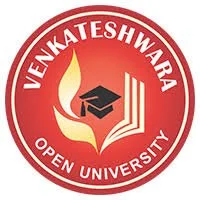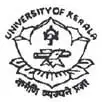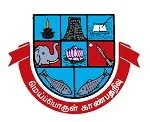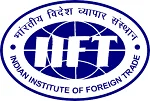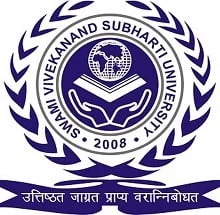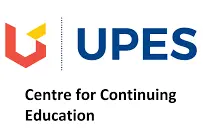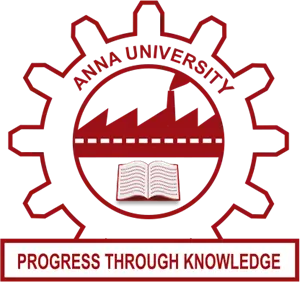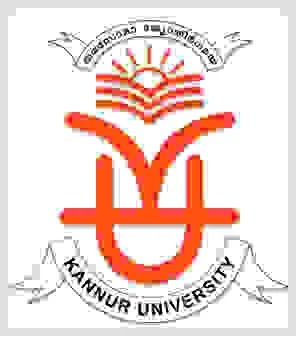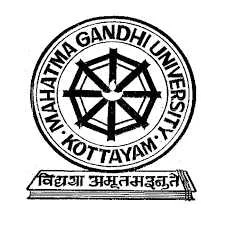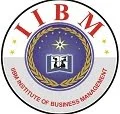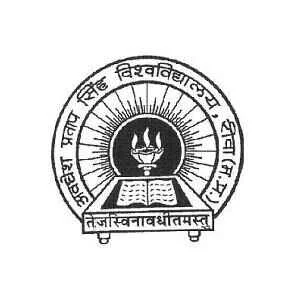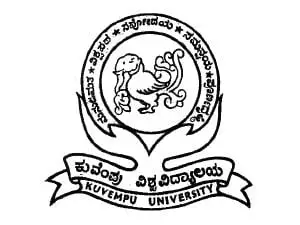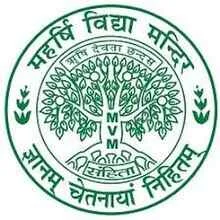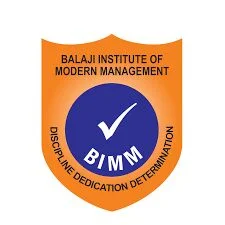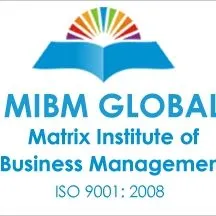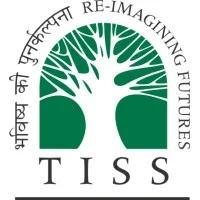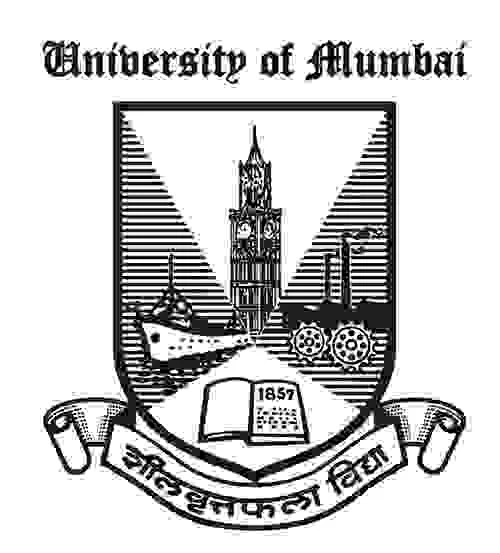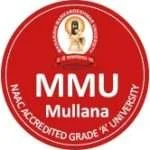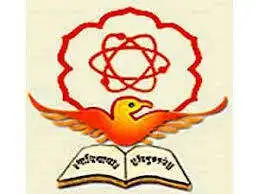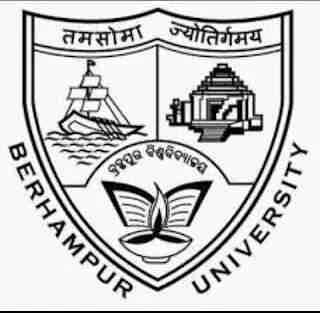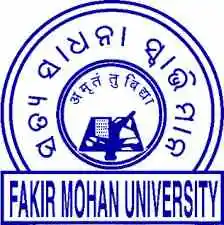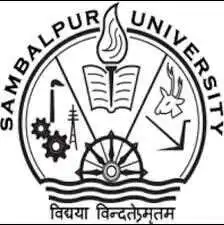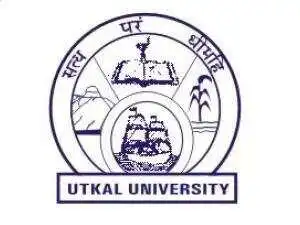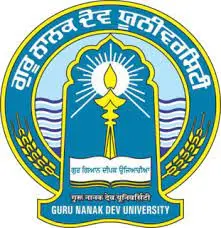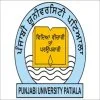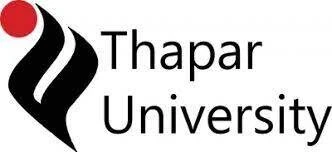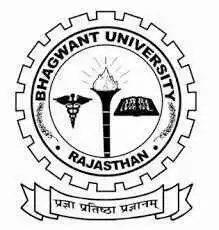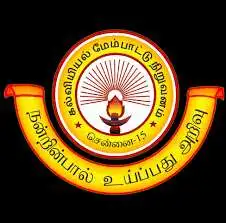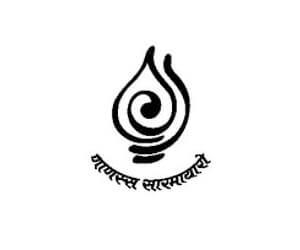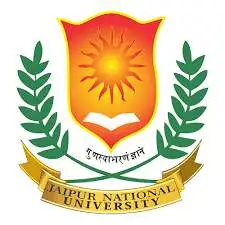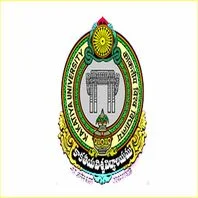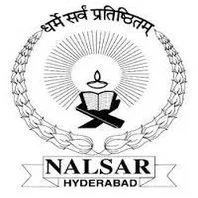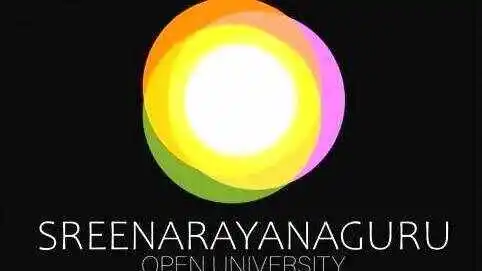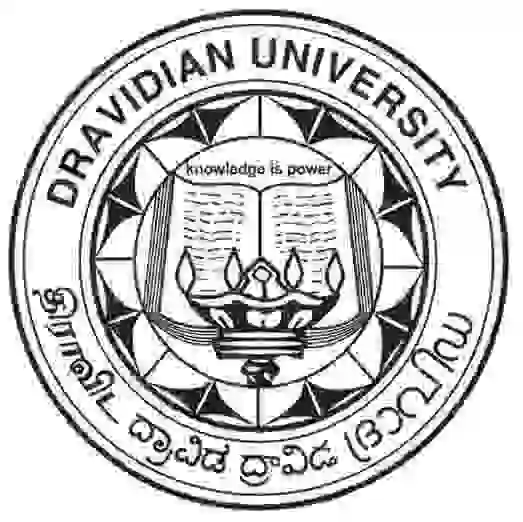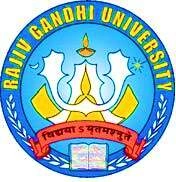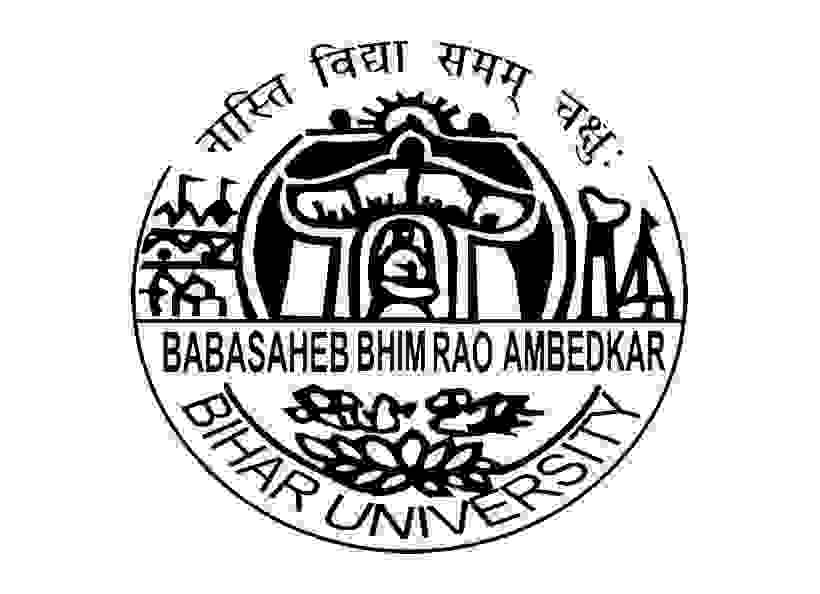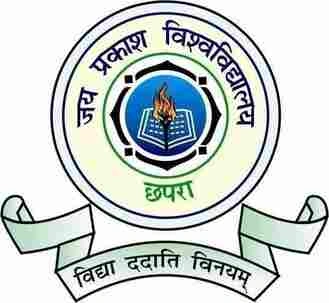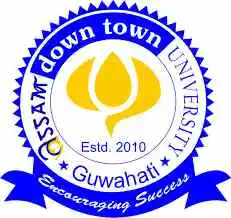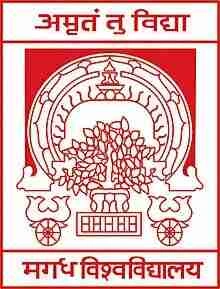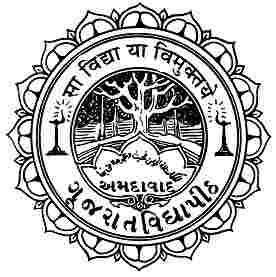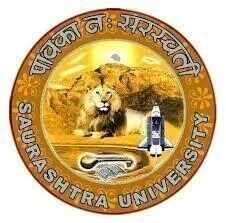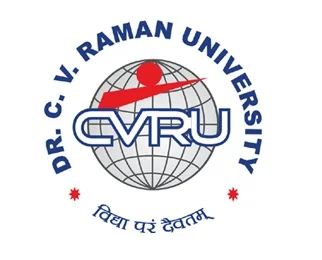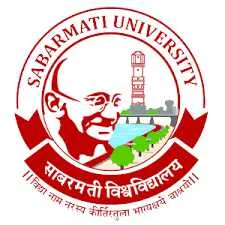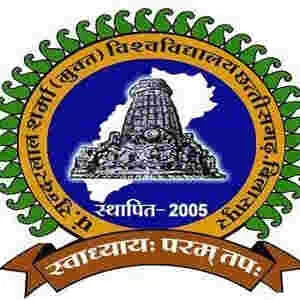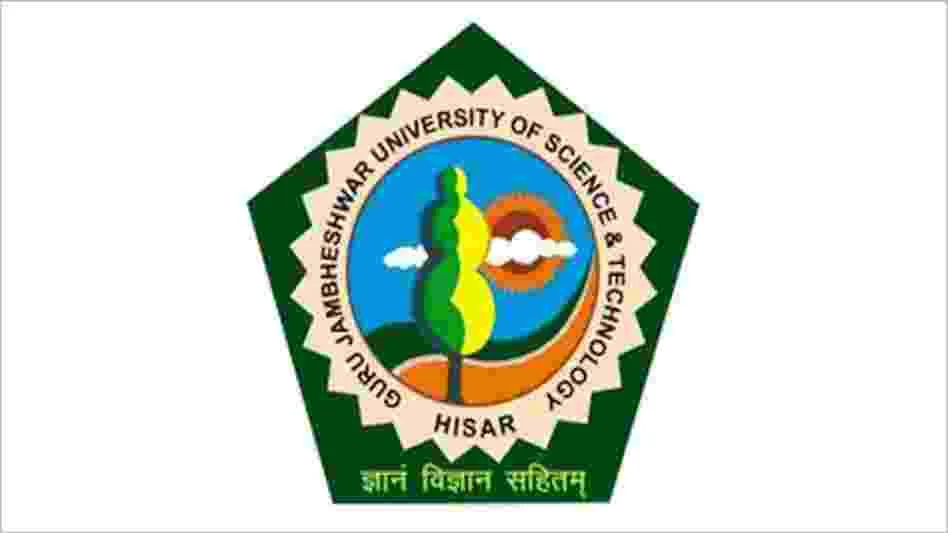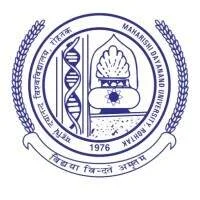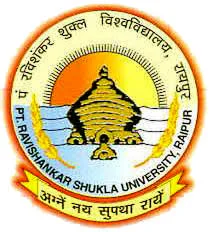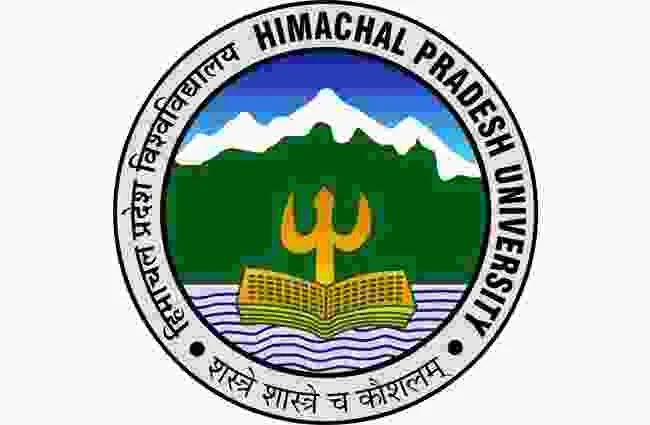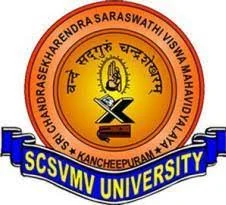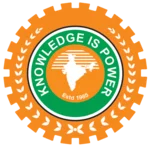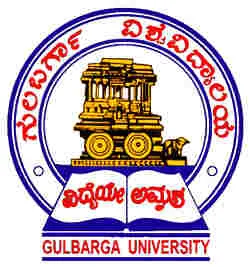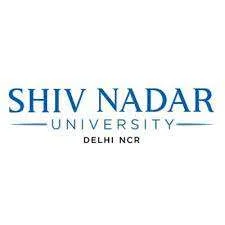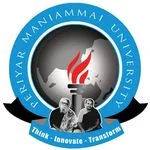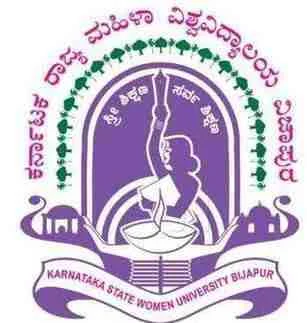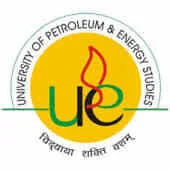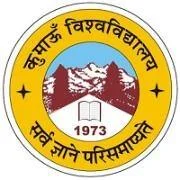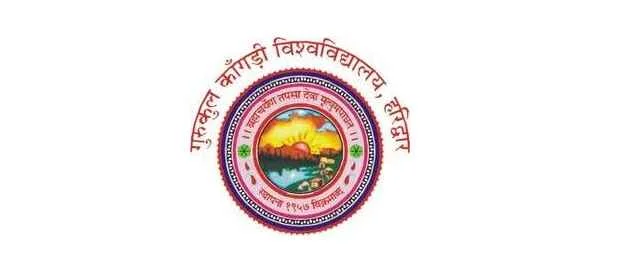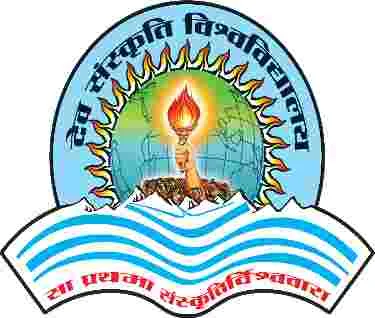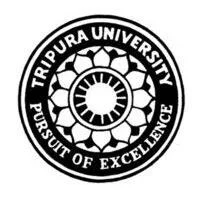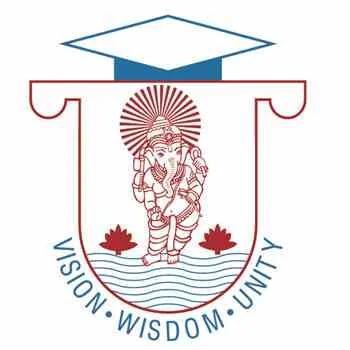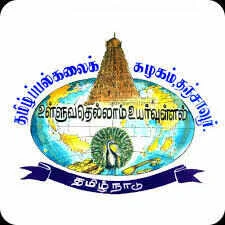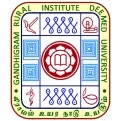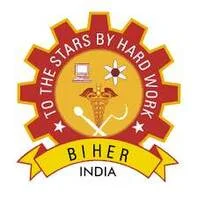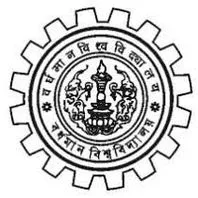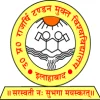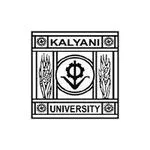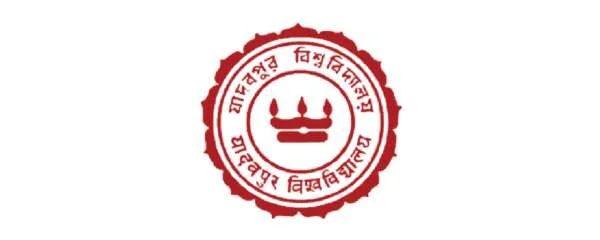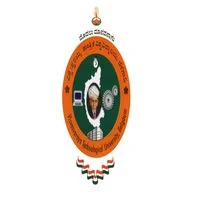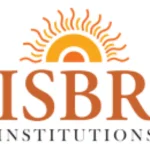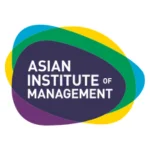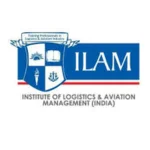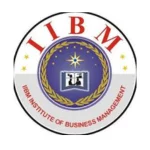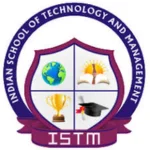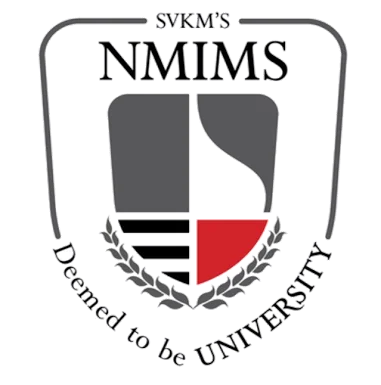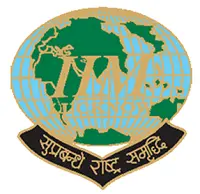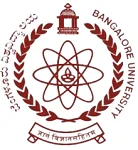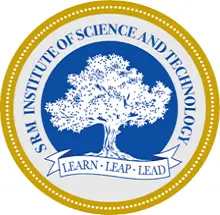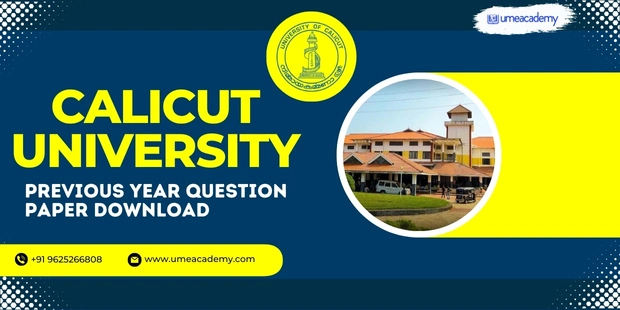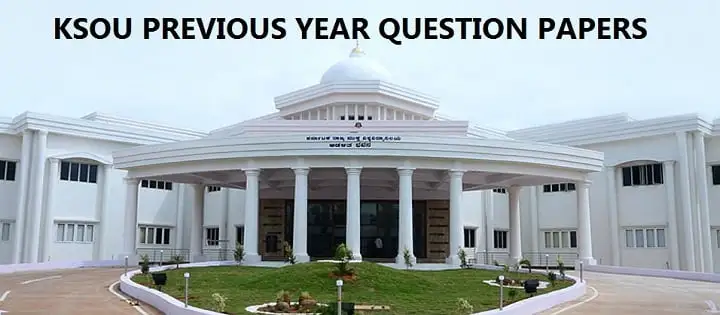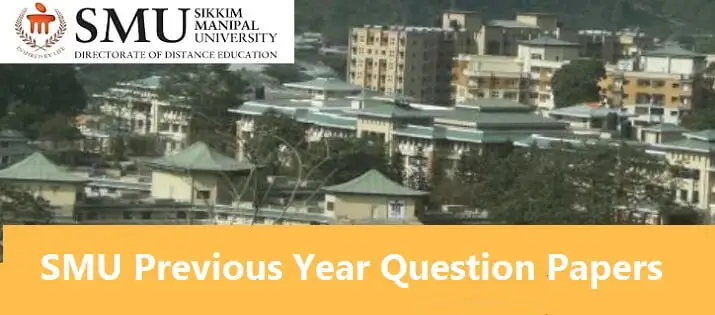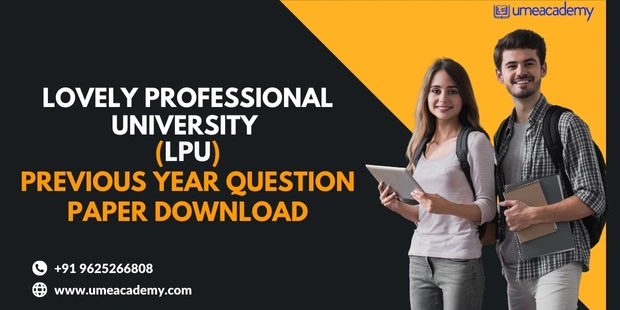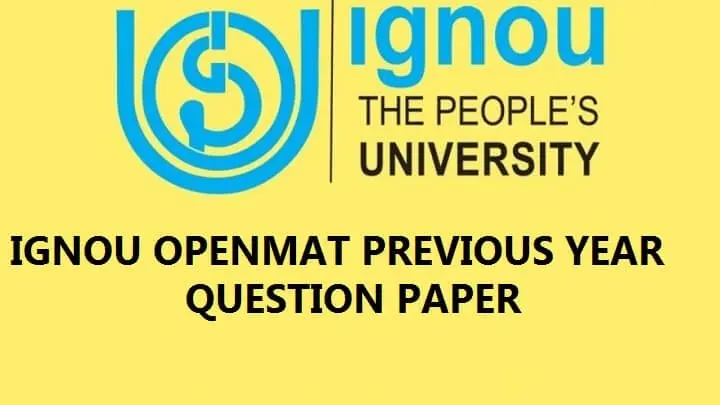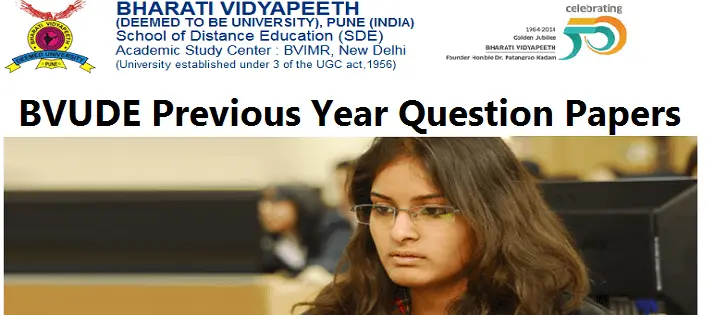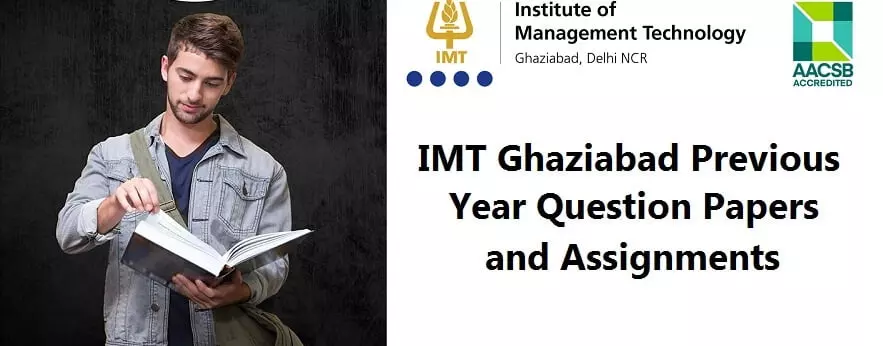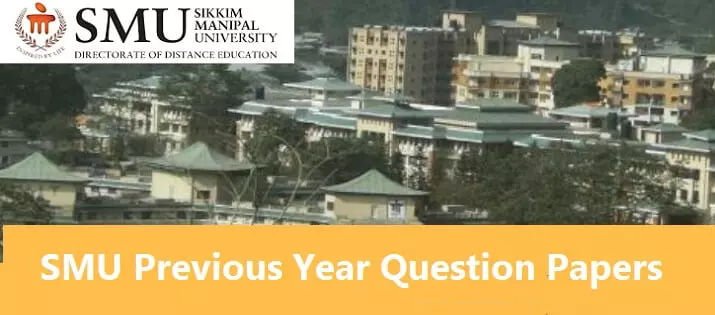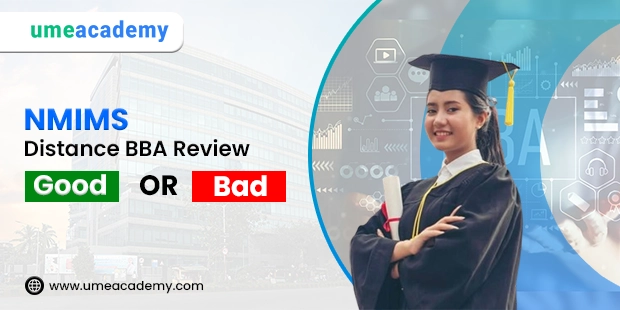What is an Executive MBA
An executive MBA, often known as an EMBA, is a rigorous master’s degree program created to aid company leaders in the development of their management abilities. Find out more information about this accelerated business degree.
An Executive MBA, or EMBA as it is frequently referred to, was developed specifically for students who have a significant amount of prior work experience in the business world. The University of Chicago Booth School of Business developed the first program of its kind in 1943. The decision was made as part of a plan to rebuild American business following World War II and to teach students at business schools who already had management-level work experience.
In order to expand their knowledge and skill sets and improve their management finesse, students and professionals interested in a variety of industries are looking for additional courses or programs to study while working. But some professionals have already had a lot of work experience. An executive MBA is a specially specialized program that is created to give management courses on a temporary basis in a work-integrated way. This allows participants to broaden their current area of knowledge.
An executive MBA is a relatively short-term degree or certification program (typically lasting between a few months and a year), offering courses similar to those found in a regular MBA degree but with a stronger emphasis on the practical aspects of business administration and more narrowly focused areas of management. The primary objective, given that the curriculum is designed for working professionals, is to expand the students’ already extensive professional expertise.
An Executive MBA programs key components include the following:
- In comparison to an MBA, an executive MBA is shorter in duration. Typically, it is provided as a certificate program or degree course with a duration of a few months to a year.
- Working professionals can enroll in an executive MBA program that is offered exclusively to them and is open to applicants with between three and ten years of work experience.
- Unlike an Executive MBA, which is typically provided as a certificate or program course, an MBA is typically offered as a degree course.
- When comparing the executive MBA and ordinary MBA courses, the executive MBA has a more narrow concentration on particular practical management domains, whereas the MBA is more concentrated on the basic and theoretical concepts of management and business administration.
Therefore, an executive online MBA is a postgraduate level course that has been specially created for you if you are a working professional looking for an educational certificate in the field of business administration and management!
Why Should you Chose an Online EMBA
The executive MBA is a widely sought-after degree among the professional community as a way to sharpen their managerial acumen. Today, numerous universities throughout the world offer executive MBA courses.
Many colleges also provide the EMBA course in an online format to make it more available to individuals with a variety of backgrounds. The course can now be completed by mail thanks to this.
The trustworthiness of such training, however, worries a lot of applicants. On the other hand, online EMBA courses are equally genuine and acknowledged in the professional field if they have been completed by reliable and approved educational institutions.
- If an online EMBA was earned from a reputable university, college, or educational institution, it is genuine.
- In addition to offering the course as a degree, several universities and institutes now offer certification programs, allowing professionals to take it as a quick professional course. Compared to a residential or on-campus program, this is advantageous and much more flexible and convenient.
- When compared to a traditional EMBA or MBA course, an online EMBA course is far less expensive. Consequently, a bigger group of people can benefit from this training at a considerably reduced cost.
- The degree of flexibility provided by an online EMBA will be far greater than that of a conventional EMBA or MBA because students can finish their coursework at their own pace, convenience, and location without interfering with or jeopardizing their professional duties.
- By enhancing your already extensive professional knowledge, abilities, and experience, an Executive MBA speeds up the advancement of your career. This degree is particularly helpful for working professionals who already have some professional experience in their area and wish to add on an educational certificate that would assist them to obtain a deeper understanding of business and management subtleties.
How to Apply for EMBA
Regular criteria for EMBA enrollment include:
- Extensive professional experience
- GMAT test or Executive Assessment score or undergraduate degree
- Business schools value management experience, global exposure, and a track record of successful teamwork.
You must submit an application form together with supporting documentation such as your CV, letters of recommendation, application essays, and any transcripts from previous academic work.
You can submit your GMAT or Executive Assessment (EA) results, which are both recognized by business schools all around the world and created exclusively for EMBA applicants.
The rest of your application is taken into account in addition to your test results; they are not the sole determining factor. A lower-than-average GMAT score could still be considered acceptable if you have a good application in other areas, such as significant high-level professional experience.
Now that you know the definition of an executive MBA, you can proceed. Choosing your school is the next step once you have acquired all the information and resources you require to submit a successful application to an Executive MBA program.
Ready to apply? Get a free copy of our MBA Application Guide for Working Professionals for advice from experts on how to improve your application and make yourself stand out from the field of other deserving candidates.
Step 1: Entry Exam – The GMAT is the entrance exam that is most frequently approved. For an executive MBA, most IIMs take the GMAT into account. The optimum GMAT score is 750 or higher. The CAT score is valid for up to 5 years and is also recognized by select IIMs, including IIM Kozhikode, IIM Shillong, and IIM Rohtak.
Step 2: Language Exam – A language exam is also required for some Executive MBA programs, including the EPGP and PGPX at IIM Bangalore and IIM Udaipur, respectively. International exposure is a feature of these programs.
Step 3: Group Discussion- The third step is a group discussion when your communication abilities will be put to the test. You should be knowledgeable about the most recent global news events in order to perform well in this round.
Step 4: Essay Writing – The Writing Ability Test (WAT) is regarded as a crucial component of the admissions process since it allows the business school to learn more about the applicant’s objectives and aspirations. WAT must be carefully prepared because it has a significant weight.
Step 5: Personal Interview (PI) – The PI is the last stage and is regarded as the most important because it is when your overall personality will be assessed. A candidate’s personality will be evaluated by the panel in order to determine whether or not they can contribute value to the program
Executive MBA Eligibility Criteria
Each business school or management college may have a different set of requirements. Here, we’ll discuss the main standards that apply to all colleges. Let’s look at the typical requirements for Executive MBA colleges: –
- The applicant must have earned a bachelor’s degree from an accredited college or university with at least 50% of the required marks.
- In an Executive MBA, job experience eligibility is crucial. A candidate needs to have had a full-time job for more than two years. The requirements for the same may take longer than two years in several universities.
- While applying for the course and while enrolled in it, the candidate should be employed.
Top 10 Executive MBA colleges in India
A list of some of the most renowned and esteemed educational institutions that provide an online Executive MBA course is provided below.
1. IIM Ahmedabad
In 1961, the Indian Institute of Management Ahmedabad (IIMA) was founded in Ahmedabad. With the support of Dr Jivraj Mehta, the previous chief minister of Gujarat, it was formed by a group of unorthodox individuals, including Dr Vikram Sarabhai, a space scientist, and Sri Kasturbhai Lalbhai, a well-known industrialist and philanthropist. To provide the groundwork for the Institute, this organisation joined together with the federal, state, and local governments, as well as the Ford Foundation and Harvard Business School. IIMA society, established in accordance with the Societies Act, oversees the institution. The European Foundation for Management Development (EFMD) accredited IIMA as the first management school in the country under the European Quality Improvement System (EQUIS) (EFMD).
2. Indian School of Business - ISB, Hyderabad
The Indian School of Business (ISB) is situated in Hyderabad, Telangana State, India. A group of academics and businessmen founded the institute in 2001 with the goal of educating senior McKinsey & Company executives Rajat Gupta and Anil Kumar to a high standard. US and Indian business executives made up the executive board of the institute. The founding institutions of ISB are the University of Pennsylvania’s Wharton School and Kellogg School of Management. One of ISB’s affiliate schools is London Business School. ISB has campuses in Mohali and Hyderabad (Punjab).
The University Grants Commission (UGC), New Delhi, has granted recognition to ISB, Hyderabad. AACSB, Association of MBAs (AMBA), and EFMD Quality Improvement System triple accreditation make it one of the select few business schools in the world (EQUIS). The All India Council for Technical Education (AICTE), New Delhi, has authorised the courses that the institute offers.
3. IIM Bangalore
One of the most esteemed universities for earning a Master’s in Business Administration is IIM Bangalore. It lasts for more than six semesters during a two-year period. The impressive faculty of IIMB consists of over 140 highly accomplished academics and researchers who are committed to giving students a rewarding educational experience. The PhD, MBA, PGPPM, and MBA programmes at IIMB are its core offerings ( Business Analytics). CAT, GMAT, GRE, NET-JRF, and IIMB Test scores are used by the institute to determine admission to PGP, Executive MBA, and Doctorate programmes. The deadline to register for the CAT in 2022 is September 21, 2022. The IIMB provides two certificate programmes, the N. S. Ramaswamy Pre-doctoral Fellowship and The Mahatma Gandhi National Fellowship, as well as PGP, EPGP, PGP Enterprise Management (PGPEM), PGP Public Policy Management (PGPPM), and PGP Business Analytics (PGPBA) PhD. (MGNF).
4. IIM Calcutta
IIM Calcutta admission will start with CAT registration in the academic year 2024. The NIRF 2022 Rankings place IIM Calcutta third in the management category. IIM Calcutta just finished placing its seventh batch of PGDBA students in summer internships. Recruiters were divided into four clusters based on the type of industry during the two-day internship placement process: consulting, BFSI, healthcare, and products and services.
5. XLRI - Xavier School of Management
Jamshedpur is home to XLRI, often known as the Xavier School of Management. Outlook I-Care MBA Rankings 2021 designate XLRI Jamshedpur as the top private management college in India. XLRI has a campus in the Delhi NCR region, 25 kilometres from Gurugram, in addition to its campus in Jamshedpur. PGDBM and PGDHRM programmes are available at XLRI Jamshedpur on 360 seats combined. A 15-month Executive PGDM programme with 120 places is also offered by the XLRI School of Business.
6. IIM Lucknow
IIM Lucknow, the fourth institution in the esteemed IIM family of Management schools, was founded in 1984. IIM Lucknow educates and trains its students to become ethical, internationally competitive leaders and managers. The Institute produces, disseminates, and applies management knowledge and practice through a variety of academic endeavours. IIM Lucknow has more than 1000 students enrolled.
7. FMS Delhi
One of the nation’s first business schools, the Faculty of Management Studies (FMS, Delhi), also known as the “Red Building of Dreams,” was founded in 1954 under the auspices of the University of Delhi and is a division of this Central University. It is in the top three IIMs and is one of India’s best colleges for business administration. One of the best ROI B-schools in India is FMS, New Delhi, which offers high-quality instruction, affordable tuition, and great placement chances.
The MBA programme fee at FMS Delhi recently increased from Rs. 25,000 to Rs. 1,92,000. This charge covers all the components.
8. IIM Kozhikode
Indian Institute of Management Kozhikode, one of the top management schools founded by the Government of India, boasts one of the most picturesque and oxygen-rich campuses in the nation. It is committed to developing future business leaders through teaching, learning, consulting, research, and innovation. IIM Kozhikode is located on two hillocks in the Kunnamangalam Area of Kerala’s historic city of Calicut, on a total area of roughly 112.5 acres. The growth narrative of IIM Kozhikode, which was established in 1996 as the fifth IIM in the nation, is not just about the statistics; it also involves some wonderfully inventive efforts that have set the bar for other institutions in the nation.
9. Indian Institute of Foreign Trade - IIFT
The Best MBA programme for international business is offered by the Indian Institute of Foreign Trade (IIFT). The Government of India established IIFT as an independent organisation and a Center of Excellence in International Trade and Business in 1963. IIFT is the ideal location for MBA students who want to pursue MBA (IB). IIFT began as a think tank for the government but transformed into a business school by the 1990s. In a short period of time, IIFT developed itself as one of India’s top business schools with a particular emphasis on trade and finance. At the moment, Prof. Manoj Pant serves as the Director of IIFT.
The MBA (IB) programme at IIFT is regarded as the top full-time MBA programme for gaining knowledge in managing international business. Since its founding, IIFT has consistently achieved 100% placement with a high average income. In addition to receiving many domestic placement offers, IIFT students are obtaining more and more opportunities for a placement abroad each year. In India, IIFT has campuses in Delhi and Kolkata, and a third campus is expected to open in Kakinada (Andhra Pradesh).
10. IIM Indore
IIM-Indore was founded in 1996 and has since grown significantly to become one of the top IIMs. It has been recognised as an Institution of Excellence and one of the top management schools in the country by the Ministry of Human Resource Development of the Government of India. The institution’s goal is to generate socially conscious executives, leaders, and businesspeople by offering top-notch management education and training. The institution’s goal is to advance civilization’s prosperity by using its knowledge and abilities to interact with businesses, society, and organisations. The school’s curriculum includes a variety of methods, approaches, facts, and fundamental concepts that support understanding the ideas required to address various issues.
Executive MBA Tuition Costs
For the duration of the programme, executive MBA tuition costs between Rs. 8 lakh to Rs. 22 lakh. Depending on the services offered by the institute, the tuition could be higher or lower. Similar fee systems exist for MBA programmes at both public and private institutions. Students with remarkable talent and low socioeconomic status can also apply for privately and publicly supported scholarships.
FAQs
Ques. How will the Executive MBA affect me?
Ans. In order to accommodate candidates with full-time employment, EMBA programs typically arrange classes on Friday nights and weekends outside of regular business hours. Several times during the course of the program, pre-arranged week-long seminars or intensive activities are also common requirements.
Ques. Is it worthwhile to pursue an Executive MBA?
Ans. Yes, if your goal is to increase your income. It’s worthwhile, especially for students who attend a reputable university with a strong reputation. EMBA programs offer the chance to advance professionally in addition to financial compensation. They draw working experts, so you can apply what you learn right away.
Ques. Can you hold a job and pursue an executive MBA?
Ans. The good news is that by adopting a business perspective, you may create a class schedule that enables you to work full-time while obtaining your MBA.
Ques. After an Executive MBA, do you have job placements?
Ans. The top 25% of offers made to EPGP members had an average that rose to 35.5 LPA, and the top 50% had an equally remarkable average of 30.6 LPA. The cohort saw a 105% increase in the typical post-MBA package compared to the typical pre-MBA package.
Ques. Do only managers qualify for an executive MBA?
Ans. Business leaders with a minimum of five to fifteen years of managerial experience are eligible for the Executive MBA. Students continue to work while they are in school, attending classes in the evenings or at weekends.
Ques. Do Executive MBA students take exams?
Ans. Entrance exams are used for admission to executive MBA programs. For IIMs and ISBs, the EMBA entrance exams are the GMAT, GRE, and CAT. Many Private Colleges offer Executive MBA programs as well, and they each have their own entrance exams, such as the SPJAT for SP Jain and the XAT for XLRI.
Ques. Is an Executive MBA a certificate or degree?
Ans. A varied mix of working individuals from industries including big private corporations, public sector undertakings, NGOs, SMEs, mid-size companies, and family businesses are drawn to the Executive MBA, also known as Executive Master of Business Administration.
For more updates about blogs and news visit our page umeacademy.com or Umeacademy YouTube channel
Top Online Colleges In India

 Online BBA
Online BBA
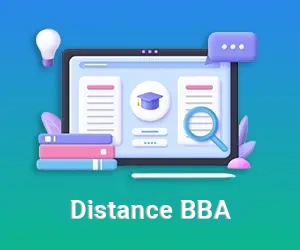 Distance BBA
Distance BBA
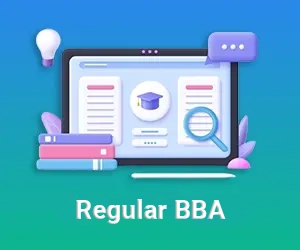 Regular BBA
Regular BBA
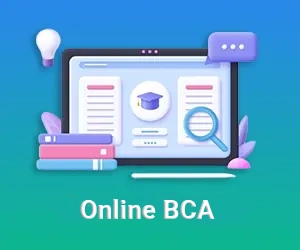 Online BCA
Online BCA
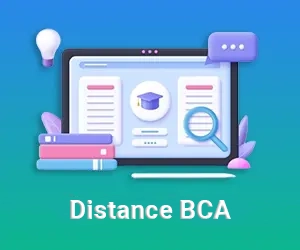 Distance BCA
Distance BCA
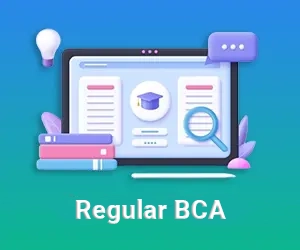 Regular BCA
Regular BCA
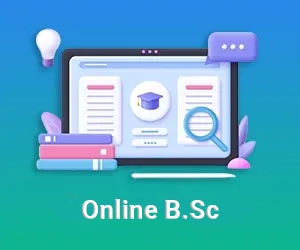 Online B.Sc
Online B.Sc
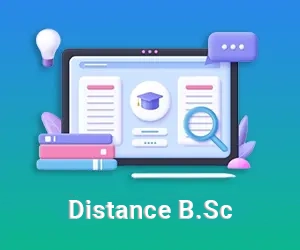 Distance B.Sc
Distance B.Sc
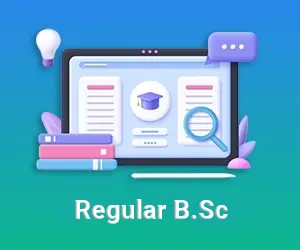 Regular B.sc
Regular B.sc
 Online B.com
Online B.com
 Distance B.Com
Distance B.Com
 Regular B.com
Regular B.com
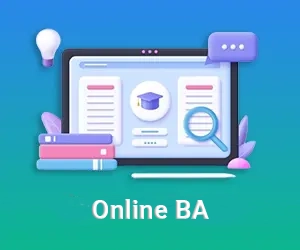 Online BA
Online BA
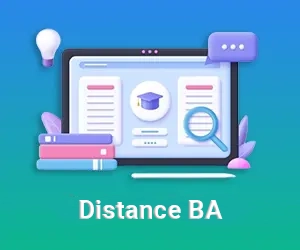 Distance BA
Distance BA
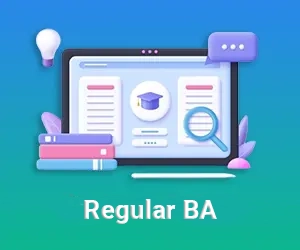 Regular BA
Regular BA
 Regular B.Tech
Regular B.Tech
 Online MBA
Online MBA
 Distance MBA
Distance MBA
 Regular MBA
Regular MBA
 Part Time MBA
Part Time MBA
 Online Executive MBA
Online Executive MBA
 Regular Executive MBA
Regular Executive MBA
 Online Global MBA
Online Global MBA
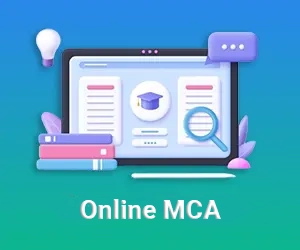 Online MCA
Online MCA
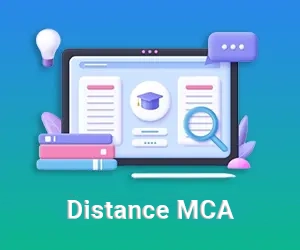 Distance MCA
Distance MCA
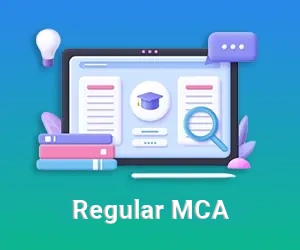 Regular MCA
Regular MCA
 Online M.com
Online M.com
 Distance M.com
Distance M.com
 Distance MA
Distance MA
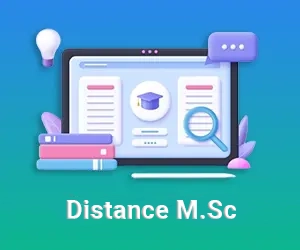 Distance M.Sc
Distance M.Sc
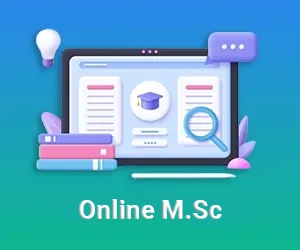 Online M.Sc
Online M.Sc
 Online MA
Online MA
 Regular M.com
Regular M.com
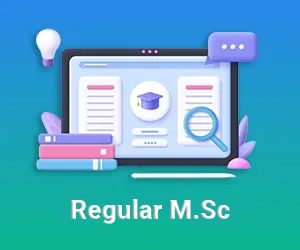 Regular M.Sc
Regular M.Sc
 Regular MA
Regular MA
 Apache Hadoop
Apache Hadoop
 Artificial Intelligence and Machine Learning
Artificial Intelligence and Machine Learning
 Big Data Analytics
Big Data Analytics
 BLOCKCHAIN TECHNOLOGY
BLOCKCHAIN TECHNOLOGY
 CLOUD COMPUTING
CLOUD COMPUTING
 CYBER SECURITY
CYBER SECURITY
 DATA SCIENCE
DATA SCIENCE
 DIGITAL MARKETING
DIGITAL MARKETING
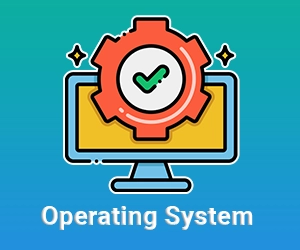 Operating System
Operating System
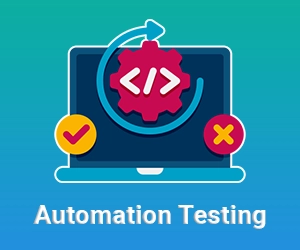 AUTOMATION TEST
AUTOMATION TEST
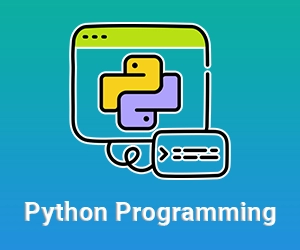 PYTHON PROGRAMMING
PYTHON PROGRAMMING
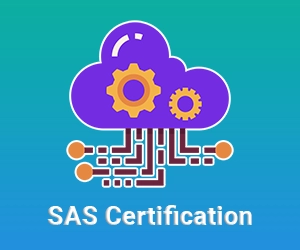 SAS CERTIFICATION
SAS CERTIFICATION







